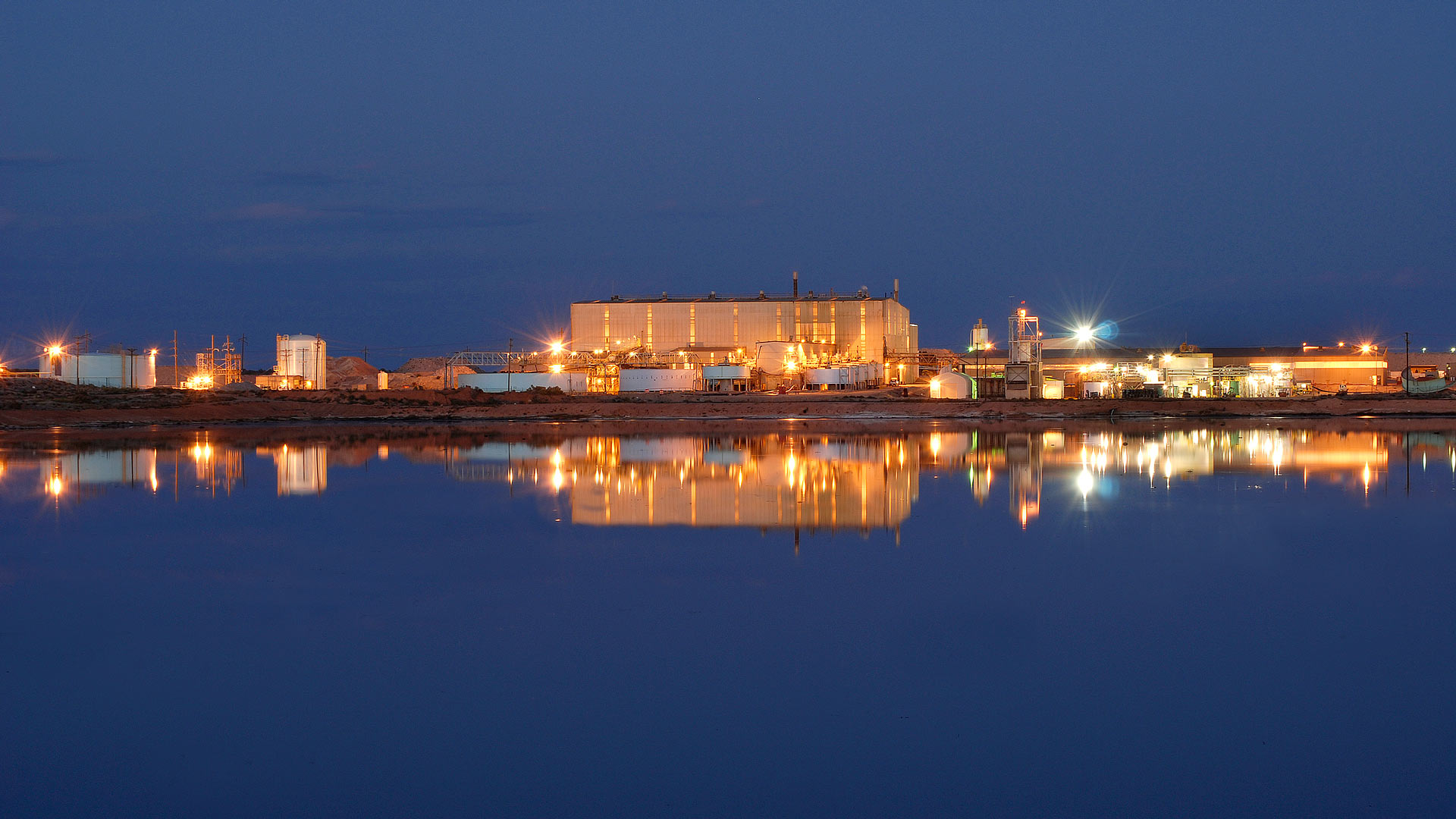Energy Fuels Q3 2023 Earnings Show Progress Across Uranium, Rare Earths, and Vanadium

Energy Fuels Q3 earnings - $10.5M profit on uranium sales, 4 mines preparing for 2024 production, rare earth expansion on track, $162M working capital, well-positioned as integrated US critical minerals producer.
- Energy Fuels earned $10.5 million in Q3 2023 including $5.2 million gross profit on uranium sales and $8.9 million in investment gains
- Uranium spot price averaged $73.50/lb in October; the company is preparing 4 mines for production in early 2024
- Rare earth expansion on track for commissioning in early 2024; Energy Fuels advancing plans to increase capacity
- Healthy balance sheet with $162.5 million in working capital and no debt
- Energy Fuels well-positioned as a U.S.-focused critical minerals producer
About Energy Fuels
Energy Fuels Inc. (NYSE American: UUUU) is a leading U.S. producer of uranium, rare earth elements, and vanadium. The company operates the White Mesa Mill in Utah, the only operating conventional uranium mill in the U.S. today. Energy Fuels also owns several standby uranium and uranium/vanadium mines in Utah, Wyoming, Arizona, and Colorado. The company is expanding into rare earth production at the White Mesa Mill and recently acquired the Bahia Project titanium/zirconium/rare earth project in Brazil.
Energy Fuels just announced its results for the third quarter of 2023, showing continued progress across its uranium, rare earths, and vanadium initiatives.
Uranium Sales Drive Q3 Revenue and Earnings
In Q3 2023, Energy Fuels earned $10.5 million in net income on $11 million in total revenue. The bulk of revenue and profitability came from the sale of 180,000 pounds of uranium to a major U.S. nuclear utility for $10.5 million. Energy Fuels realized a gross profit of $5.2 million on this uranium sale, equal to 50% gross margins. For the year so far, Energy Fuels has sold 560,000 pounds of uranium at an average realized price of $59.42 per pound, resulting in 54% gross margins.
The strong uranium pricing and margins are a result of rising global uranium prices stemming from security of supply concerns and growing demand for carbon-free nuclear power. The uranium spot price averaged $73.50/lb in October 2023, up over 50% this year. Long-term contracting prices are also on the rise, which bodes well for Energy Fuels’ earnings over the coming years.
In addition to the 180,000 pounds delivered under a long-term contract in Q3, Energy Fuels holds nearly 600,000 pounds of uranium inventory available for future sales. With additional raw material inventory and four conventional mines preparing for production in 2024, Energy Fuels is well-positioned to benefit from strengthening uranium markets.
Advancing Rare Earth Production Amid Strong Pricing
While uranium drove results in Q3, Energy Fuels made significant progress on its emerging U.S. rare earth element (REE) business. In early 2023, the company began modifying its White Mesa Mill to produce rare earth oxides from natural monazite sands supplied by Chemours. The mill modifications are on track for completion in early 2024 with an initial nameplate capacity of 800 to 1,000 tonnes per year of neodymium-praseodymium (NdPr) oxide. NdPr oxide is a key material in powerful permanent magnets used in electric vehicles and wind turbines.
In Q3, Energy Fuels continued to install new equipment and make building modifications on this “Phase 1” REE initiative. The company also continued drilling its Bahia REE project in Brazil, where it aims to define a compliant resource and ultimately supply additional monazite feed. Discussions are ongoing with several monazite suppliers to provide the feed needed to ramp up rare earth output.
NdPr oxide prices averaged $69.64/kg in October amid strong demand growth from the EV and clean energy industry. By producing NdPr in the U.S., Energy Fuels can offer customers supply chain security away from reliance on China, which dominates global rare earth output. The company aims to become the leading U.S. rare earth producer in 2024.
Beyond the Phase 1 expansion, Energy Fuels is also advancing plans for a Phase 2 expansion to increase NdPr capacity to around 3,000 tonnes per year by 2026/2027. The company is also looking at producing separated dysprosium (Dy) and terbium (Tb) oxides by 2027/2028 to move further down the value chain.
Balance Sheet Supports Growth Initiatives
Energy Fuels maintains a strong balance sheet to support its uranium and rare earth growth plans. At the end of Q3 2023, the company had $162.5 million in working capital, including $54.5 million in cash. Energy Fuels has no debt and significant inventories of uranium, vanadium, and REE products.
With cash, inventory, and product sales, Energy Fuels is fully funding the rare earth expansion at the White Mesa Mill. The company expects the Phase 1 initiative to cost $25 million and be completed in early 2024. Strong rare earth pricing will help drive return on investment and support further expansions.
Uranium prices above $50/lb provide opportunities for Energy Fuels to profitably resume uranium mining at its standby operations. Increasing prices further improve the economics. The company can also process existing inventories of mined ore to generate cash flow. Its White Mesa Mill provides low-cost uranium and vanadium production potential when market conditions warrant restarting mines.
Conclusion
With its White Mesa Mill and standby mines, Energy Fuels is in position to benefit from rising prices and demand growth across multiple critical minerals. Uranium markets look particularly strong into 2024, just as the company can resume production. Expanding into rare earths positions Energy Fuels to capitalize on growth in EVs and clean energy.
As an integrated U.S. critical minerals company, Energy Fuels differentiates itself from other mining companies with China/Russia exposure. The company’s U.S. assets and permitting expertise provide supply security that many customers find increasingly valuable. With demand outlooks constructive across minerals, Energy Fuels appears well-positioned to drive significant growth in revenue, earnings, and cash flow over the next several years.
The recent financial results and operational progress confirm Energy Fuels’ strategy is gaining momentum. We recommend investors consider the stock as a compelling U.S.-focused way to gain exposure to critical minerals and energy transition growth trends.
Analyst's Notes




Subscribe to Our Channel
Stay Informed












































